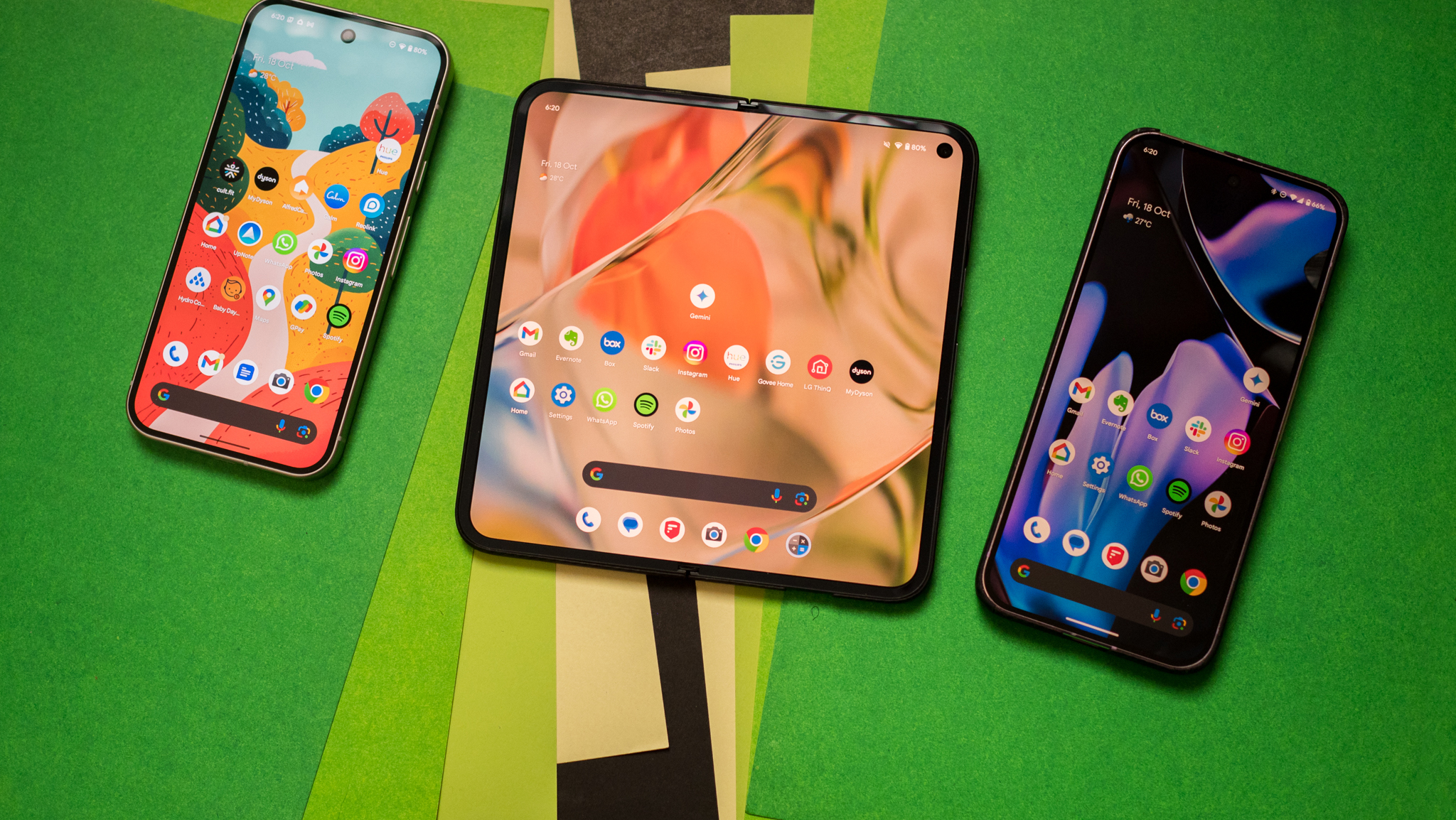Samsung might launch the S22 Ultra with less RAM, but that's okay
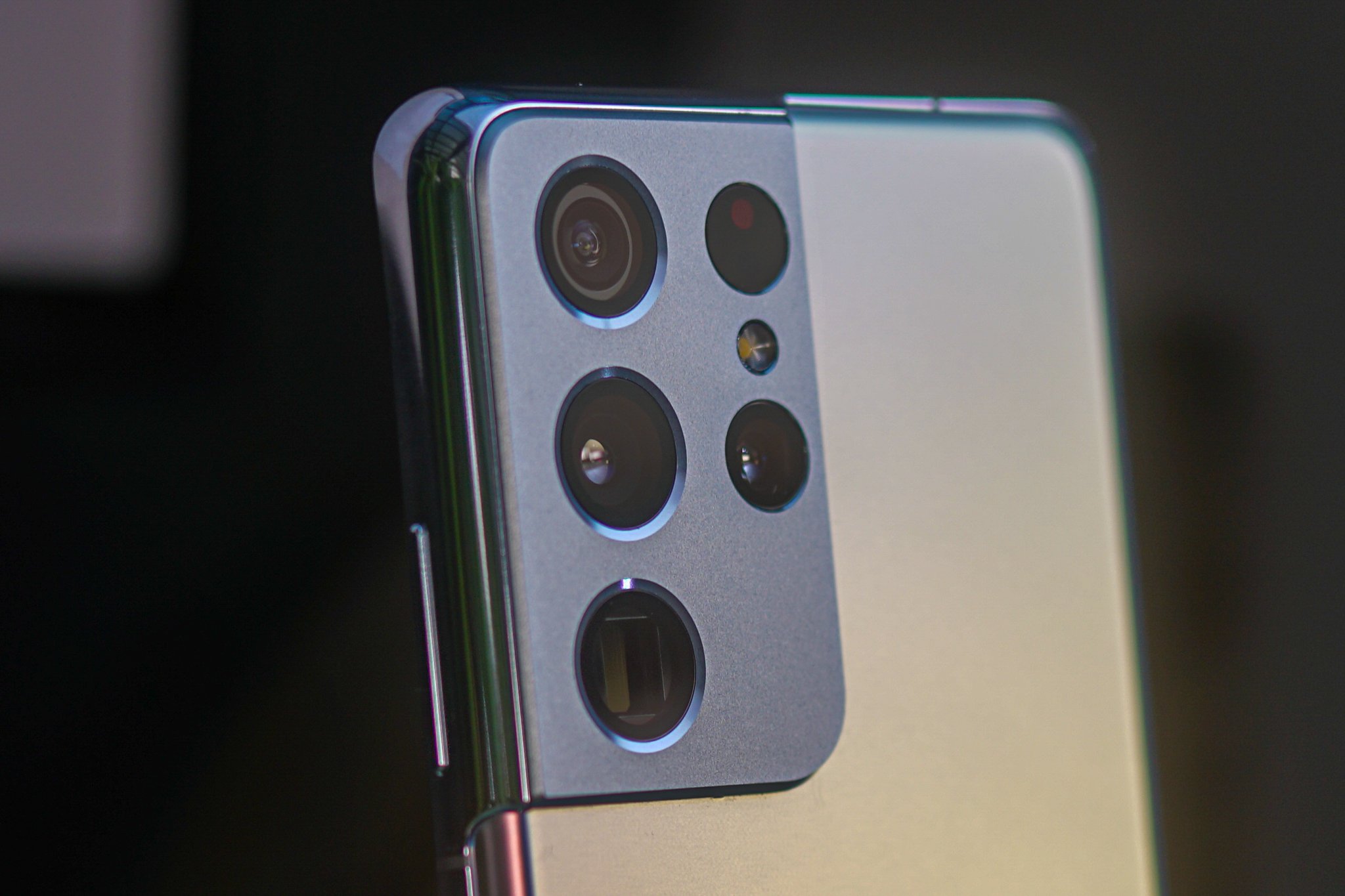
If Samsung decides to launch the Galaxy S22 Ultra phones with less RAM (random access memory), it won't be a "deal-breaker" for consumers, despite it being a "straight downgrade" to the S21 Ultra devices, experts say. They add that it would be disappointing, but Samsung has a clear reason for targeting a specific demographic who want a premium phone without having too much power.
Samsung is expected to launch the S22 series on February 9, and while the standard and Plus models aren't expected to change too much, the S22 Ultra may see the most drastic change of the series.
Rumors and leaks have pointed to Samsung lowering the base RAM of the S22 Ultra to 8GB, down from 12 GB on the Galaxy S21 Ultra. RAM would top out at 12 GB instead of 16GB. Yet rumors indicate that the phone will arrive with the same launch price as its predecessor.
One reason why Samsung might have chosen to go this route could be because it is still dealing with the effects of the global chip shortage, which has impacted the availability of many of the best Android phones. Jitesh Ubrani, research manager for IDC's worldwide device tracker, says this is likely what has impacted Samsung's specs decision.
But he adds that for the average consumer, the replacement cycle for a phone tends to be above three years, "so realistically those who purchase the S22 Ultra would be upgrading from an S9 or S10 era phone and back then it was still common to have 6GB RAM."
If the S22 launches with less RAM, it's not a deal-breaker
He adds for most average consumers, RAM as a spec is "far less important than other features such as camera, processor, screen, and battery life."
"Assuming that the S22 Ultra launches with less RAM than the S21 Ultra, it won't have a huge impact on [Samsung's] sales," he says.
Be an expert in 5 minutes
Get the latest news from Android Central, your trusted companion in the world of Android
Mishaal Rahman, senior technical editor at Esper and former editor-in-chief of XDA Developers, agrees, adding that it's not a "deal-breaker" if the S22 Ultra had less RAM than its predecessor.
But in saying that, he notes that a consumer willing to spend upwards of $1,200 on one of Samsung's premium flagship devices will "expect nothing but the best."
He notes that while it might be too soon for the company's next-generation LPDDR5X module to be included in the S22 series, he expects the series to feature Samsung's slower LPDDR5 modules.
"That means that assuming the rumors are true, the base model S22 Ultra is a straight downgrade compared to the base model S21 Ultra when it comes to RAM capacity," he says.
Do we actually need more RAM in a phone or is less RAM okay?
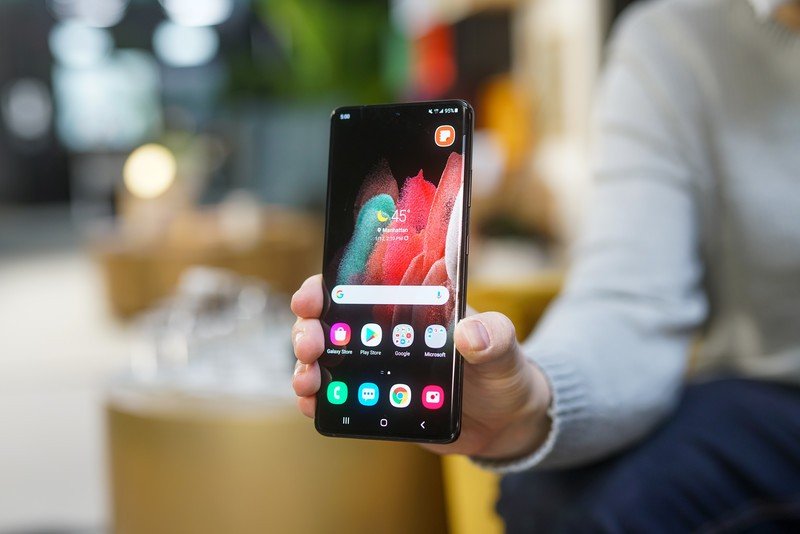
Rahman explains that for most phones there should be a bare minimum of 6GB of RAM, and anything beyond offers minimal benefits.
"The last time I used an Android phone with 4GB of RAM, I had a miserable experience when trying to replicate my workflow on a phone with 12Gb of RAM. Apps would frequently be unloaded from memory after putting them in the background. This was especially noticeable when playing music in the background, leaving multiple Chrome tabs open, or opening the camera app to take a photo," he says.
The amount of physical memory, or the RAM, that is available plays a huge difference in performance, Rahman explains, adding that the more memory available the more processes that can run in the background.
But most average users rarely notice a difference, he adds.
"The RAM capacity is not a figure that most consumers care about, and it's not a specification that will appear on most of the marketing material for the S22 series. Samsung will undoubtedly target as many different audience segments as possible, however, and mobile gamers are more likely to pay attention to the amount of RAM in a device. To those consumers, Samsung may choose to market its higher RAM [stock keeping units] and its 'RAM Plus' feature, which reserves space on the devices' internal flash storage for additional swap space," — Mishaal Rahman, senior technical editor at Esper
Neil Shah, vice president of research at Counterpoint Research, says the users that really care about more RAM are the "premium power users" who look to invest and get the latest and greatest. He adds that they understand that 4K video recording and size of images for 108MP camera warrants a higher RAM + ROM configuration."
But perhaps, with a premium phone with less RAM, Samsung is catering to "less power users who don't look at memory configurations but look at just sporting the latest premium device from a design and brand's aesthetic perspective."
"We will have to see if this happens, what is Samsung's explanation with respect to 8GB+128GB entry-tier version if it is certain market-specific or demographic-specific," he says.
While having 8GB might be enough for most use case scenarios, Anshel Sag, a senior analyst at Moor Insights & Strategy, believes that "12GB should be the standard for flagship devices and 8GB should be table stakes."
"I think that if the S22 Ultra has less RAM than the S21 Ultra it won't necessarily appear as premium without some added features," he says.
Will consumers care that the S22 Ultra's RAM is potentially smaller?
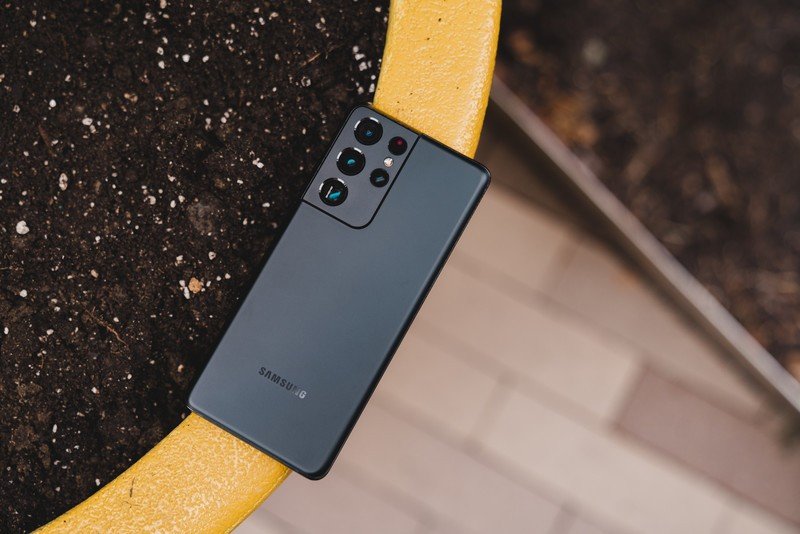
"Apple, for example, never advertises the amount of RAM in its iPhones. When targeting those consumers, Samsung has no need to advertise the RAM capacity of its phones, because it's not a figure that those consumers care about," he says.
Android Central recently conducted a poll asking readers if they cared that Samsung may lower the RAM.
Out of more than 1,100 votes, 54% said they would prefer that Samsung keep the same RAM configurations as last year or increase it. Of the total votes, 36% say that the rumored 8GB base RAM is fine, but Samsung should offset the downgrade by lowering the cost of the phone or at least increasing storage memory.
Only 8% say they are okay with the rumored base RAM.
One reader, Steelatx, isn't too happy given the compromises Samsung has made with recent flagships:
"I didn't get the s21 because of the downgrade in screen resolution, lack of SD card, reduction in RAM, and the change in mobile payments. It seems that this iteration of the S22 (base) is going to be similar or more compromised.However, I got to thinking, what if Android 12 is a better more efficient OS with better memory management? Could this be a reason to cut RAM? Because the OS is no longer hogging it? Law of diminishing returns, right? If 8 gigs performs optimally, why do we need 12 or 16? Increased cost is all we'd be facing. I am in desperate need of a new phone, my s20s battery is shot, but not quite sure what to think. I need a small phone and even the s20 is too big :(."
And perhaps for users like Steelatx, the rumored smaller size of the regular S22 might be more attractive than choosing a model with more RAM.
There is also the potential that the 8GB Ultra model could convince buyers who have other priorities, including the fact that there is likely an S Pen support, a great battery life, and the promise of a high-quality camera.
Would it make more sense to have more storage if there is less RAM?
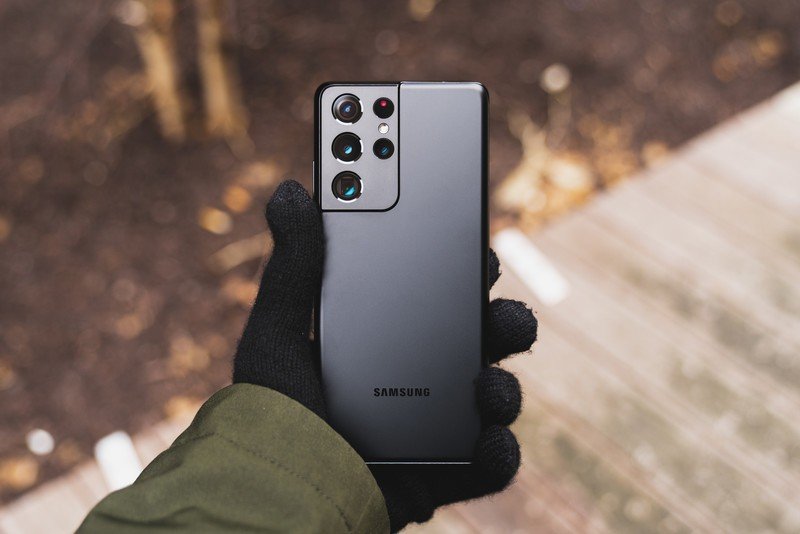
Ubrani says that storage is more important for many users rather than RAM and "storage tends to get more important over time as many phones don't offer expandable storage anymore leaving users with limited storage over the lifetime of the phone."
He adds that it might be worth it for Samsung to explore focusing on larger storage options as a way to ease long-term concerns that users run into.
Sag is less convinced of this argument, adding that RAM is a commodity item and has a pretty stable price structure for manufacturers, especially for one like Samsung, which manufactures its own RAM and could use its own RAM at cost.
"It would be disappointing to see Samsung move away from providing more RAM considering it is one of the world's leading producers of RAM. It's a differentiator and to back away from that seems like a mistake," he says
In the same vein, Rahman agrees. He notes that past a certain threshold of RAM, increasing the RAM won't yield many benefits, while with storage, over time consumers require more.
"A few years ago, 64GB of storage space would have been adequate, but it's far too low today. Having adequate RAM and storage is necessary for a good user experience, but you can't supplement a deficiency in one by increasing the capacity of the other, because they serve very different purposes," he says.

Shruti Shekar is Android Central's Editor-in-Chief. She was born in India, brought up in Singapore, but now lives in Toronto. She started her journalism career as a political reporter in Ottawa, Canada's capital, and then made her foray into tech journalism at MobileSyrup and most recently at Yahoo Finance Canada. When work isn't on her mind, she loves working out, reading, watching the Raptors, and planning what she's going to eat the next day.
